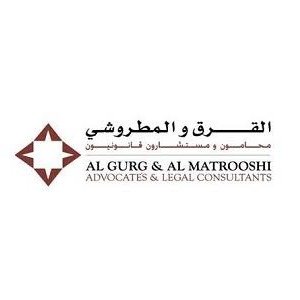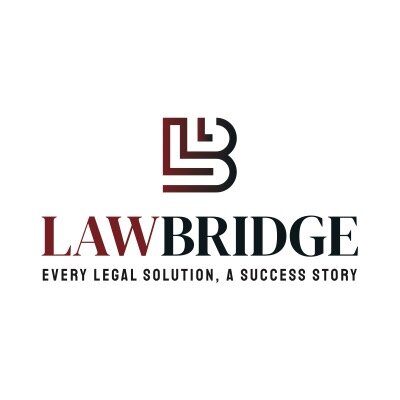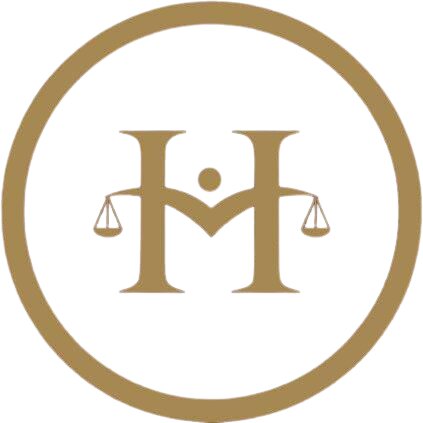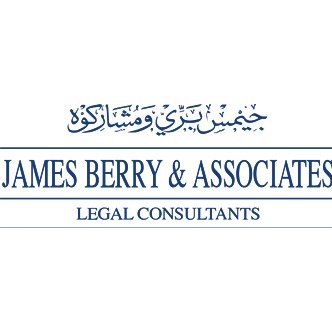Best Trusts Lawyers in United Arab Emirates
Share your needs with us, get contacted by law firms.
Free. Takes 2 min.
Or refine your search by selecting a city:
List of the best lawyers in United Arab Emirates

The Black Robe For Legal Consultancy & Debit Collection
1 hour Free ConsultationAbout Trusts Law in United Arab Emirates
In the United Arab Emirates (UAE), Trusts law is a relatively novel concept compared to other jurisdictions. Trusts are primarily governed by the common law principles, but specific regulations and legal frameworks have started emerging, especially with the establishment of Financial Free Zones like the Dubai International Financial Centre (DIFC) and the Abu Dhabi Global Market (ADGM). These areas have introduced their own trust laws aimed at attracting international businesses and investors. Generally, a trust in the UAE is used for asset protection, estate planning, and the management of private wealth.
Why You May Need a Lawyer
Engaging a lawyer in relation to Trusts in the UAE can be crucial in several scenarios, including:
- Setting up and structuring a trust to ensure it is legally compliant and optimally tailored to your needs.
- Estate planning to effectively manage and distribute wealth according to your wishes.
- Asset protection to shield personal or business assets from potential creditors.
- Resolution of disputes that may arise over trust documentation or the interpretation of trust terms.
- Regular compliance and administration of the trust according to UAE laws and any specific jurisdictional requirements.
Local Laws Overview
The key aspects of local laws relevant to Trusts in the UAE include:
- Free Zone Trust Laws: DIFC and ADGM provide frameworks for the establishment and management of trusts, offering flexibility and adherence to international standards.
- Sharia Law Considerations: While Free Zones operate under distinct legal frameworks, it remains essential to consider how local Sharia principles might impact trust arrangements, particularly for inheritance matters.
- Registration Requirements: Certain types of trusts must be registered to be recognized legally, and specific documentation may be required.
- Taxation Aspects: Understanding the taxation elements, both locally and for potential international implications, is critical.
Frequently Asked Questions
What is a Trust?
A trust is a legal arrangement where one party, known as the trustee, holds and manages assets for the benefit of another party, the beneficiary, according to predetermined terms.
Can expatriates set up a trust in the UAE?
Yes, expatriates can set up trusts in Free Zones like DIFC and ADGM that offer international trust frameworks. It is important to consult a legal expert to navigate the specific terms and conditions.
How does the UAE's legal system affect a trust arrangement?
Trust structures within Free Zones like DIFC and ADGM primarily follow common law principles, providing a degree of separation from the UAE's civil law and Sharia principles that govern inheritance.
What kinds of assets can be placed in a trust?
Typically, various assets such as real estate, stocks, bank accounts, and other investments can be included, subject to legal provisions and trust terms.
Are there any tax benefits to establishing a trust in the UAE?
The UAE offers a tax-efficient environment; however, it's crucial to understand both local and international tax implications and seek professional advice.
Can trusts in the UAE be challenged?
Challenges could arise based on the terms of the trust, the rights of beneficiaries, or potentially on grounds of non-compliance with legal requirements.
Is a trust revocable or irrevocable in the UAE?
A trust can be set up as either revocable or irrevocable. The choice will depend on specific circumstances and objectives.
What is the role of a trustee in a UAE trust?
The trustee is responsible for managing the trust assets, ensuring their preservation and growth, and following the trust's terms for the beneficiaries' benefit.
How can I ensure my trust complies with UAE laws?
Consulting a specialized lawyer is essential to ensure your trust is legally compliant with both local and any applicable international laws.
What is the process for dissolving a trust in the UAE?
The dissolution involves terminating the trust according to the terms specified at creation or as amended over time, often requiring legal oversight and compliance checks.
Additional Resources
For further information and assistance, consider reaching out to these organizations:
- Dubai International Financial Centre (DIFC) Courts: Provides essential guidance on trust law within its jurisdiction.
- Abu Dhabi Global Market (ADGM) Courts: Offers resources and details on trust frameworks and regulations.
- UAE Ministry of Justice: For broader inquiries regarding legal systems and frameworks.
Next Steps
If you require legal advice on trusts in the UAE, consider the following actions:
- Consult with a legal expert or law firm specializing in Trusts and estate planning within the UAE or Free Zones.
- Gather all pertinent information about the assets you wish to place in a trust and the objectives you aim to achieve.
- Schedule a meeting to discuss your needs, learn about the potential structures available, and understand the implications of each option.
- Ensure continuous compliance and periodic review of the trust to align with your goals and any legal changes.
Lawzana helps you find the best lawyers and law firms in United Arab Emirates through a curated and pre-screened list of qualified legal professionals. Our platform offers rankings and detailed profiles of attorneys and law firms, allowing you to compare based on practice areas, including Trusts, experience, and client feedback.
Each profile includes a description of the firm's areas of practice, client reviews, team members and partners, year of establishment, spoken languages, office locations, contact information, social media presence, and any published articles or resources. Most firms on our platform speak English and are experienced in both local and international legal matters.
Get a quote from top-rated law firms in United Arab Emirates — quickly, securely, and without unnecessary hassle.
Disclaimer:
The information provided on this page is for general informational purposes only and does not constitute legal advice. While we strive to ensure the accuracy and relevance of the content, legal information may change over time, and interpretations of the law can vary. You should always consult with a qualified legal professional for advice specific to your situation.
We disclaim all liability for actions taken or not taken based on the content of this page. If you believe any information is incorrect or outdated, please contact us, and we will review and update it where appropriate.
Browse trusts law firms by city in United Arab Emirates
Refine your search by selecting a city.
















